
The Why of Work
How Great Leaders Build Abundant Organizations that Win
Recommendation
Dave and Wendy Ulrich’s book about abundance is itself an example of abundance. Dave, a business writer, and Wendy, a psychologist, sweep you up in a tide of leadership ideas, processes, quotations and stories that hammer home a thesis so right and true you might mistake it for common sense: Workers who care about their jobs and understand why they work will exceed your expectations and break the boundaries of their job descriptions. They will better serve customers who, in turn, will bind themselves to the thoughtful firm that produced such an enlightened staff. If this sounds like the yellow brick road, the authors cobble together ample gold paving stones to build a solid path toward fulfilling your firm’s potential. They explain how every person and organization can change for the good, while earning a profit. Along with positive psychology and happiness research, you will find useful grids, summaries and assessment tools to help you shift staid cultures and motivate stale staffers. Some of the advice is soft and general; the authors acknowledge that they skim the surface of various disciplines. Yet when the Ulrichs become specific about how to build relationships or cultivate creativity, they show you concretely how to nurture a firm where business results and human development work together. getAbstract recommends this book to executives, managers and human resources personnel who hope to serve their customers and the world through deeper service to their employees.
Summary
About the Authors
Dave Ulrich, a professor at the Ross School of Business at the University of Michigan and a partner at the RBL Group, has written 23 books. Psychologist Wendy Ulrich founded the Sixteen Stones Center for Growth.









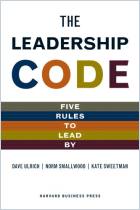
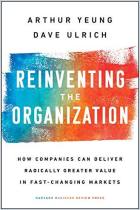
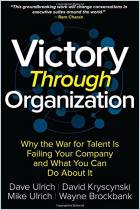
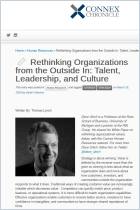
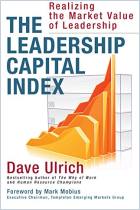
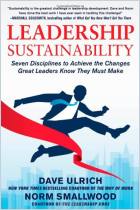
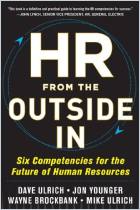
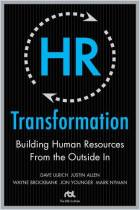
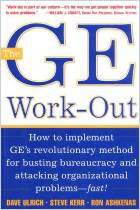
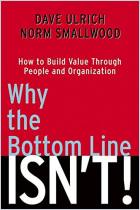
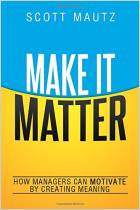
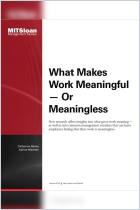
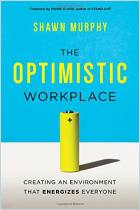
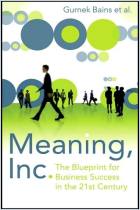

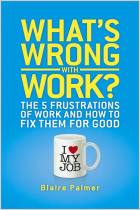




Comment on this summary or 开始讨论
The ability to define the why of work is crucial to detrmine the skills (short-time), competence (can be adapted) and ability (the competence that grow aith experience).